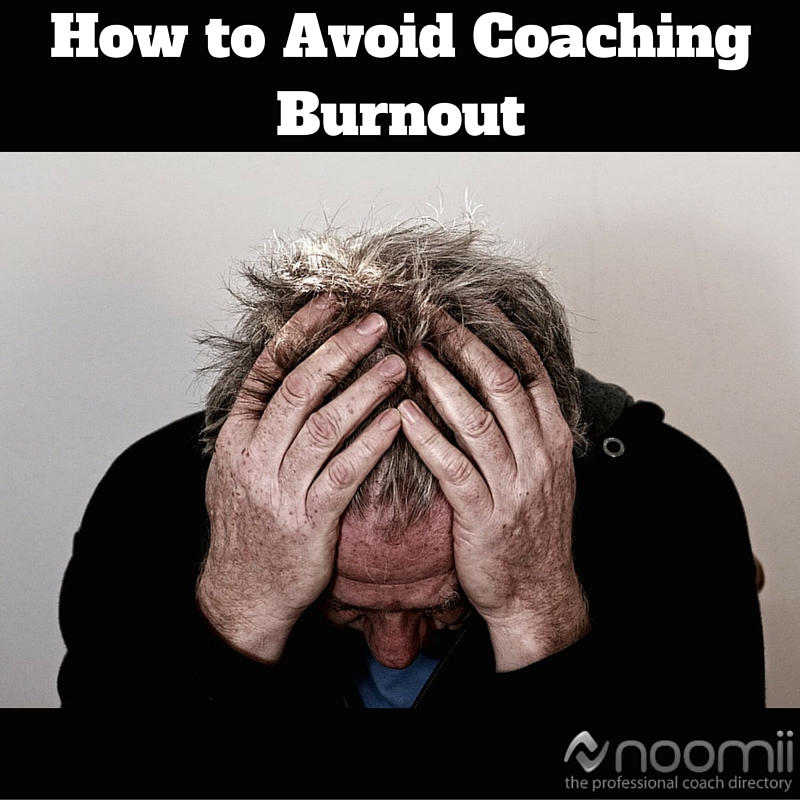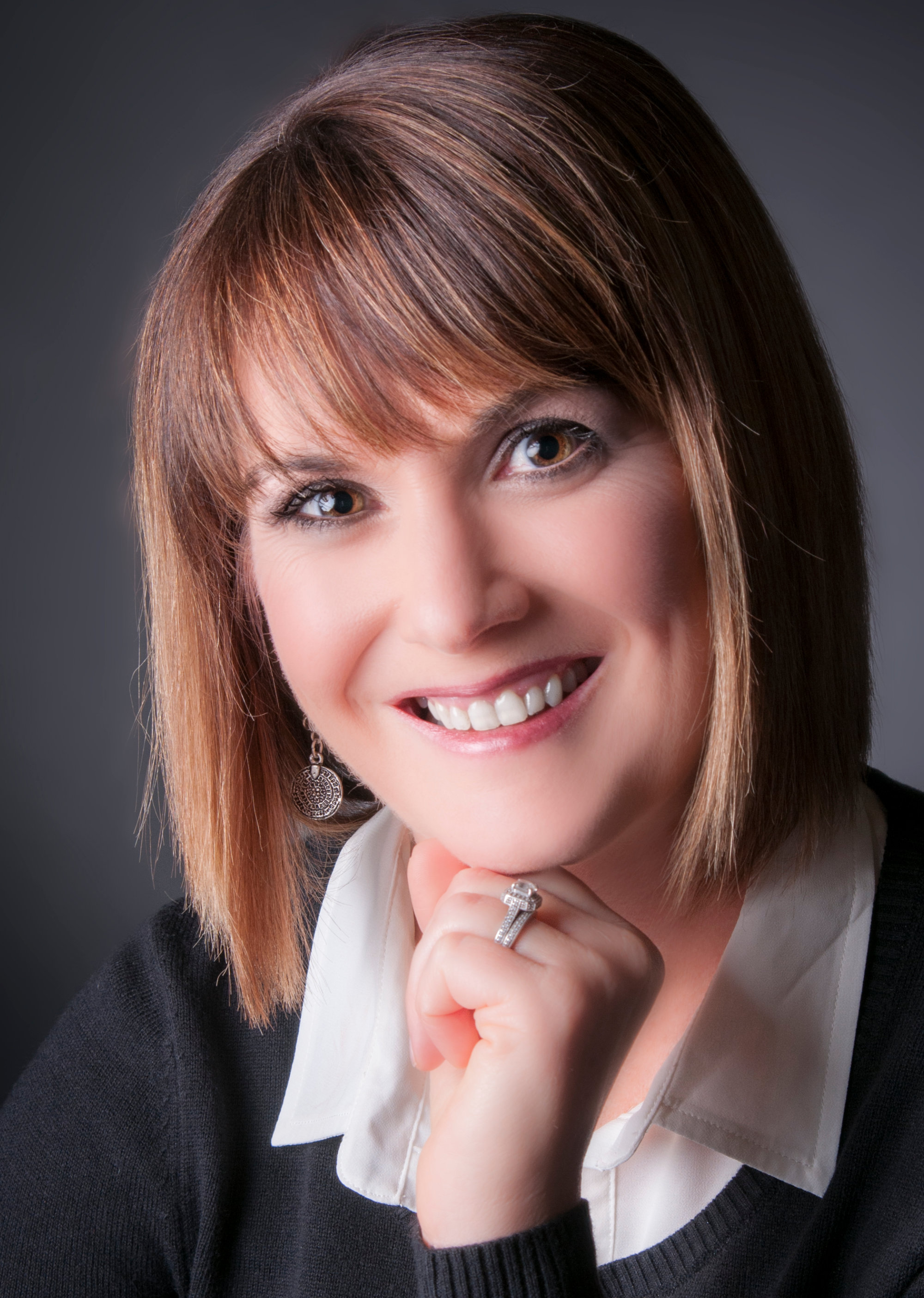How to Avoid Coaching Burnout
 This is a guest blog post written by Kim Giles. Want to contribute? Check out the 2016 publishing calendar.
This is a guest blog post written by Kim Giles. Want to contribute? Check out the 2016 publishing calendar.
In the last few years, as my coaching business has grown, I have struggled more and more with feeling overburdened and burnt out. I sometimes feel like the weight of the world is on my shoulders. Fortunately, I found Marette Monson, a licensed clinical social worker (LCSW) and an expert on “compassion fatigue” which is the career burnout that many helping professionals experience. The reality is, most coaches, therapists, emergency workers, doctors, nurses and caregivers experience depression, anxiety, stress and fatigue from the work we do.
A 2009 survey by the American Psychological Association (APA) reported that psychologists had depression at rates three times greater than the population they serve. Another APA study showed that 100% of humanitarian aid workers reported symptoms of compassion fatigue. Health care workers, veterinarians and police officers had similar statistics. It is also difficult for helping professionals, coaches and caregivers to get help so they can continue to do the work they love. But most helping professionals face a stigma when or if they ask for help, and there are very few places in the community where they can go.
Susan Gleason, LCSW, who also suffered from compassion fatigue, said, “I want to make sure people know about compassion fatigue before they are right in the middle of it. When I was deep in compassion fatigue, I was losing weight, became horribly paranoid, and was acting in childish ways I would have never done in the past. I knew something wasn’t right but I didn’t know what to do about it. By then, it was so pervasive that I couldn’t have figured out how to get out of it on my own. It’s not just knowing about it, but also being able to prevent it from going too far. Even if you aren’t experiencing symptoms right now, you need to be able to see it happening in yourself or other people, because they won’t be able to heal themselves.”
This is a reality that comes with a career as a helping professional. Sometimes Life and Executive Coaches think this can't happen to them because they aren't dealing with the mental illnesses, addictions or the kinds of problems a therapist might see, but that's not true. Working with any human being brings with it pressure, stress and angst as you help them through the challenges of life.
Susan created a compassion fatigue checklist, which may help you understand the symptoms to watch for. Go through it and see if any of the symptoms sound familiar.
Because we spend our days neck-deep in other people's problems and struggles, the negative energy can take a toll and get you down. You must learn to take care of yourself and refill your bucket, because if you don't, you will soon have nothing left to give.
Here are some tips for preventing and overcoming compassion fatigue:
Remember, it’s not just you
Helping others at this level can have negative effects on everyone. The act of helping others creates a drain on a person’s emotional resources, which is normal and natural. It is not a sign of weakness or inadequacy. Stop blaming yourself for these feelings. Give yourself some slack for being human like the rest of us.
Understand self-care is not selfish
You are responsible for maintaining and refilling your emotional bucket. If you don’t do this, you will soon run dry and have nothing left to give. Some people struggle with self-care because they associate it with being lazy, self-indulgent or selfish. It is very important you don’t think this way. Keeping your own bucket full is not self-indulgent, it is wise. You perform better with a full bucket. You are more creative, effective, giving and powerful when you are filled up emotionally. Self-care is a sign of self-respect. It is healthy. If people in your life don’t get this, that is not your problem. If they resent you for taking time for yourself, they probably need better self-care too, but feel too guilty to take it.
Learn how to relax your body from the physical tolls of stress
When you feel yourself functioning from fight or flight mode, use some techniques to calm yourself down. I always take a few minutes between coaching sessions to relax my muscles and get my positive energy back. There are many techniques out there for clearing negative energy from your space too, which you might look into.
Set up healthy boundaries and make time for your needs
Figure out what a healthy schedule for your week should look like. Make a firm rule against sacrificing your self-care time for others. You are as important as they are. We all have the same value. Taking time each week to refresh yourself will mean more energy to give during the hours you’ve set aside to give. Start each day with some "me time." Even 20 minutes to exercise, read, meditate or plan your day will help.
If you work from home, make sure you have office hours and off the clock hours. Have time blocked off for leisure and family time and don't let work creep into those blocks.
You can’t help yourself the way you help others
It’s OK to seek help from a professional in dealing with the negative effects of your service. The techniques you use on others won’t work on yourself and they aren’t meant to be done that way. If treating yourself were possible, dentists and doctors would be doing their own dental work and surgeries. We all need support from others. Give yourself permission to get some if you need it.
Professional resilience is a maturation process
As we grow in our careers, so do our perceptions about our work. Our perceptions change over time and create resilience so we can continue to help others in challenging circumstances. You should keep learning new ways to think healthy yourself. You will never reach a point when you know everything to do to help yourself or others. Keep learning and growing and never think you are done.
Be realistic about what you can do
There is always more demand for your help than you can meet, and those receiving your help may never be satisfied or grateful enough for what you offer. After you meet the needs of one person, another will always take their place. It is impossible to meet all demands placed upon you, so don’t measure your success by finally feeling “caught up or done.” Realize that a good stopping point will still leave many unmet needs you will have to get to another time. Stop trying to do it all — all the time — you can’t.
You are responsible for the quality of your work, not the outcome
Your job is to do your work and show up to the best of your ability, but the clients you serve get to choose what they will do with your help. You may be the best coach on the planet, but they may still chose not to heed your advice. You are only responsible for your part, not whether your advice is actually used. Let the responsibility for changing their life rest on them. If they feel you carrying it, they may let you and this will not serve them. They are the only one who has the power to change their life. Remember that.
You can make a difference in the world and care for yourself too. You just need to be intentional and committed to caring for yourself first.
You can do this.
About Kim Giles

Kimberly Giles is the CEO and founder of The Claritypoint Coaching Academy. She is a successful and popular executive coach, master trainer, author and speaker. She is the author of the book "Choosing Clarity: The Path to Fearlessness" and is an expert in simple psychology and human behavior.
Check out these related articles:
- How to Use Webinars to Grow Your Coaching Practice
- 3 Tools You Need to Run Successful Coaching Teleseminars
- 5 Reasons Why You Should Host Webinars
- 3 Unique Ways to Find Content Inspiration For Your Blog
- How to get Free Advertising on TV and Radio for Your Coaching Business
- A Simple Formula to Turn Readers Into Clients
- How to Write Fantastic Content and Get More Coaching Clients

Comments (1)
Terry Sidhu almost 9 years ago
This was a great piece and wise information to be weary of. Thank you for sharing Kim.
Please log in to leave a comment